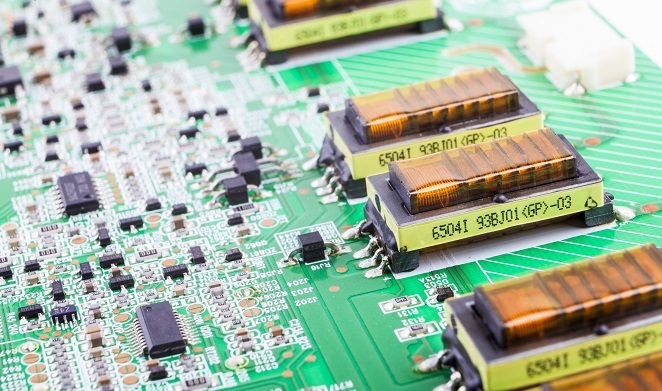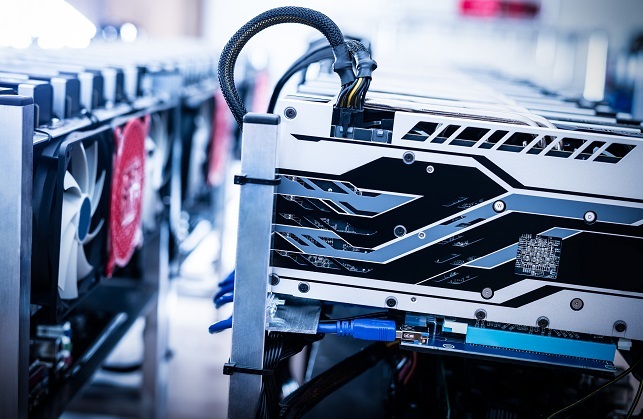
 Data Structure
Data Structure Networking
Networking RDBMS
RDBMS Operating System
Operating System Java
Java MS Excel
MS Excel iOS
iOS HTML
HTML CSS
CSS Android
Android Python
Python C Programming
C Programming C++
C++ C#
C# MongoDB
MongoDB MySQL
MySQL Javascript
Javascript PHP
PHP
- Selected Reading
- UPSC IAS Exams Notes
- Developer's Best Practices
- Questions and Answers
- Effective Resume Writing
- HR Interview Questions
- Computer Glossary
- Who is Who
What is the full form of ECE?
Introduction
Electronics and communications engineering (ECE) refers to design, development, and use of electronic devices, circuits, and communication systems are the focus of the specialised engineering field.

ECE is essential to contemporary civilization since it laid the groundwork for numerous technical innovations that have changed the way we live.
Definition
The abbreviation ECE refers to a subfield of engineering that focuses on the analysis of electronic equipment and communication systems. Designing, creating, and maintaining the electrical equipment and communication systems that are necessary in today's society is the fundamental goal of ECE. ECE engineers are in charge of developing new technologies and enhancing current gadgets and systems.
Digital signal processing, wireless communication, control systems, microelectronics, and other fields are included in the broad field of ECE.
ECE has applications in many different sectors, including telecommunications, consumer electronics, aircraft, healthcare, and defence.
Modern electronic equipment and communication systems, such as cellphones, computers, the internet, and satellite communication, are developed in large part thanks to ECE.
It takes strong analytical, mathematical, and problem-solving abilities, as well as familiarity with programming languages, circuits, and electronic equipment, to pursue a career in ECE.
Application of electronics and communication technologies
ECE has a wide range of applications in fields like computer engineering, signal processing, microelectronics, control systems, and communications. ECE is essential to contemporary society since it serves as the basis for numerous technological innovations that have changed the way we live. ECE has made it possible for individuals to instantly communicate and obtain information from anywhere in the world, with devices like laptops and cellphones as well as the internet and satellite communication.
ECE is crucial for the creation of robotics and autonomous vehicles, which allow machines to detect and react to their surroundings, manoeuvre, and carry out difficult jobs.
It also contributes significantly to the healthcare sector by offering cutting-edge medical devices like pacemakers, MRI machines, and CT scanners that aid in the diagnosis and treatment of ailments.
By creating effective and dependable systems to produce, store, and distribute electricity, ECE plays a crucial role in the field of renewable energy, including solar and wind power.
ECE also has a significant role to play in the defence sector, which uses it to create cutting-edge weapons and communication systems as well as to improve the effectiveness and safety of military operations
ECE encompasses various subfields such as signal processing, telecommunications, control systems, and microelectronics:
One of the fundamental areas of ECE is signal processing. In order to transport information from one place to another, signals must be analyzed, modified, and synthesised. On the other side, telecommunications deals with the long-distance transfer of information utilising electronic tools like satellites, cell phones, and optical fibres. Control systems use electronic devices to manage and regulate operations in the transportation, industrial, and other sectors of the economy. Finally, microelectronics is the study of small electronic components and circuits, which have a variety of uses, ranging from military technology to medicinal equipment.
Signals in signal processing might be in sound, image, or data form, and the methods used to analyse and alter them depend on the unique properties of the signals.
A combination of hardware, software, and network infrastructure is needed for telecommunications, which includes a variety of technologies and applications like voice and data communication, internet access, and broadcast services.
Aerospace, automotive, and chemical engineering are just a few of the industries that use control systems, which rely on feedback mechanisms to keep processes stable and performing at the intended levels.
Modern electronic devices, such as computers, cellphones, and sensors, depend on microelectronics, which is the design and production of electronic components and integrated circuits using semiconductor materials, such as silicon.
Role in the development of modern electronic devices and communication systems:
The development of contemporary electronic devices and communication systems is greatly aided by ECE. Electronics used in everyday life, such as smartphones, laptops, and televisions, are designed and developed by ECE experts.

They also work on the creation of cutting-edge communication systems including satellite communication and 5G networks, which have transformed how people access information and communicate. Medical device design and development, which has raised the standard of healthcare all over the world, is another area in which ECE is active.
ECE engineers create and enhance electronic systems and devices to increase their effectiveness, dependability, and efficiency. They do this by utilising their knowledge of electronics, physics, and mathematics.
The shift to a more sustainable and low-carbon future depends on the development of renewable energy technologies like solar cells and wind turbines, which play a crucial role in ECE.
ECE has important applications in robotics and automation as well, facilitating the creation of intelligent machines that can carry out challenging jobs and raise productivity across a range of industries.
Due to its applications in fields like military and surveillance, cybersecurity, and cryptography, ECE research and development also significantly affects national security.
Conclusion
Engineering with a focus on ECE deals with the creation, advancement, and use of electronic equipment and communication systems. Many different subfields of ECE, including signal processing, telecommunications, control systems, and microelectronics, have diverse applications. Modern electronic equipment and communication networks were developed in large part thanks to ECE, which has also revolutionised how individuals access information and communicate.
FAQs
Q1. What kinds of electronic equipment do ECE engineers often work on?
Ans: Engineers in the ECE field work on a variety of electronic products, such as cellphones, computers, televisions, and medical equipment.
Q2. What role does ECE play in contemporary society?
Ans: ECE is important in today's society since it serves as the basis for a wide range of technical innovations that have changed the way we live.
Q3. What are the several ECE subfields?
Ans: The several subfields of ECE include microelectronics, control systems, signal processing, and telecommunications.

